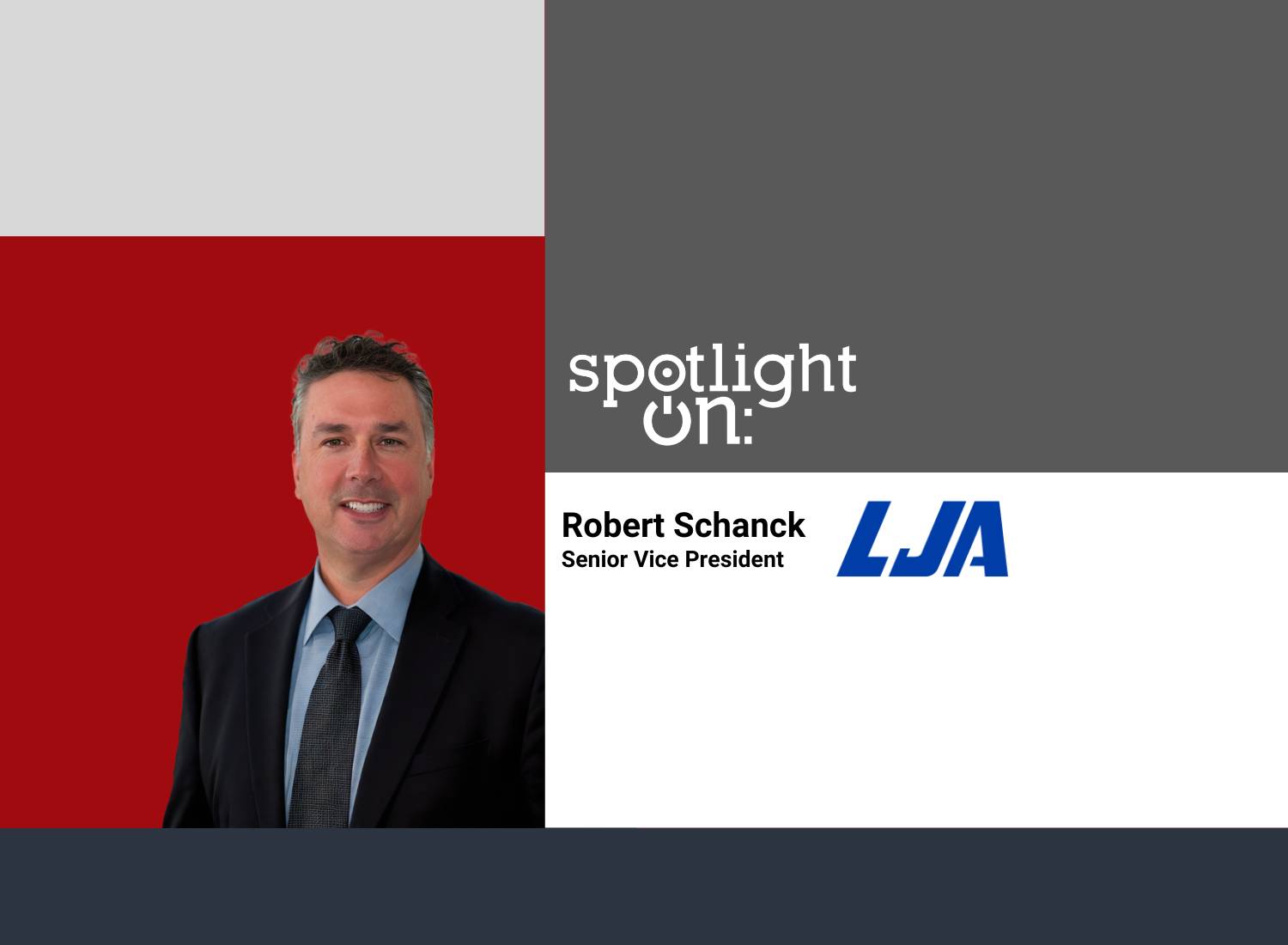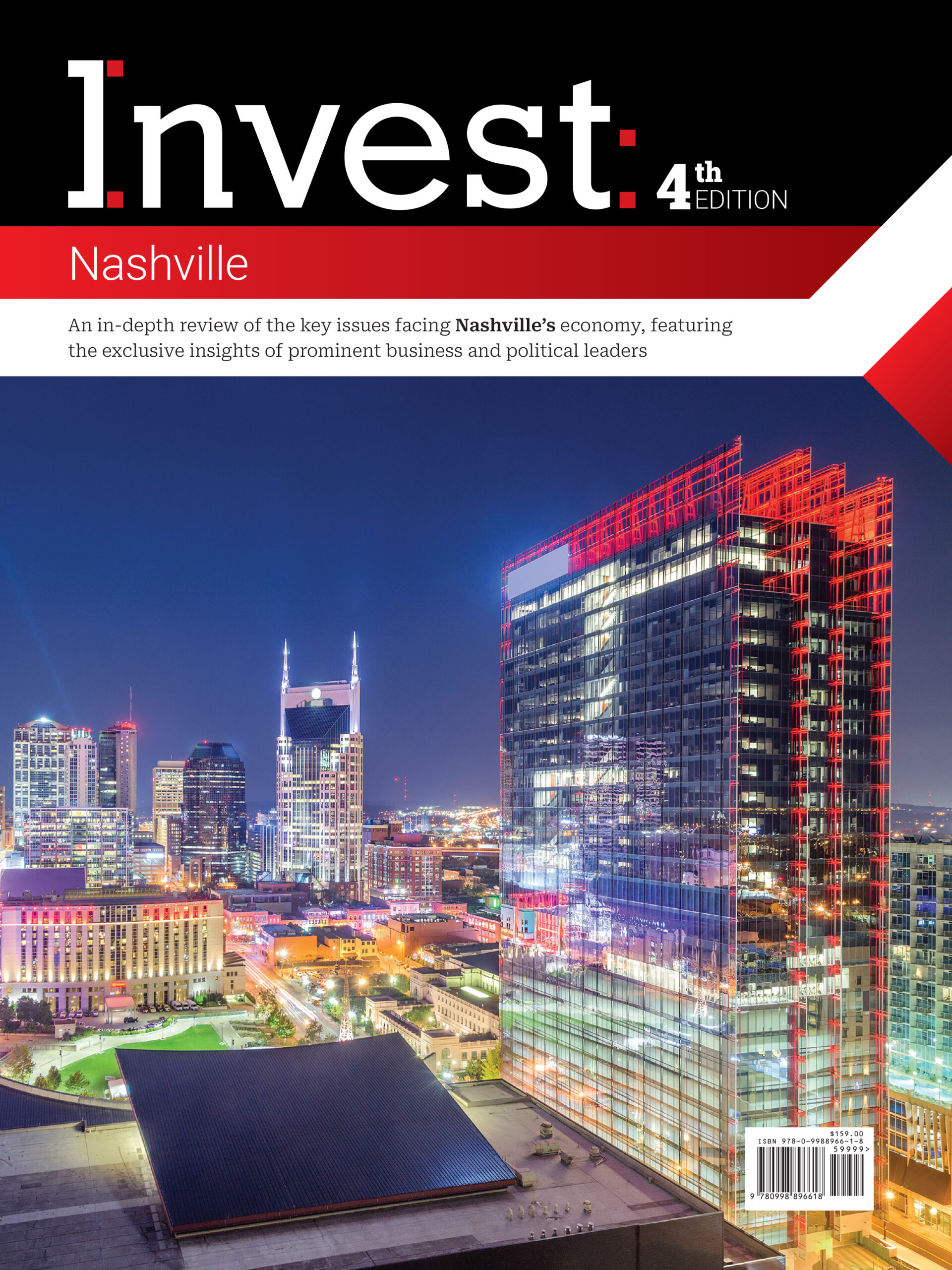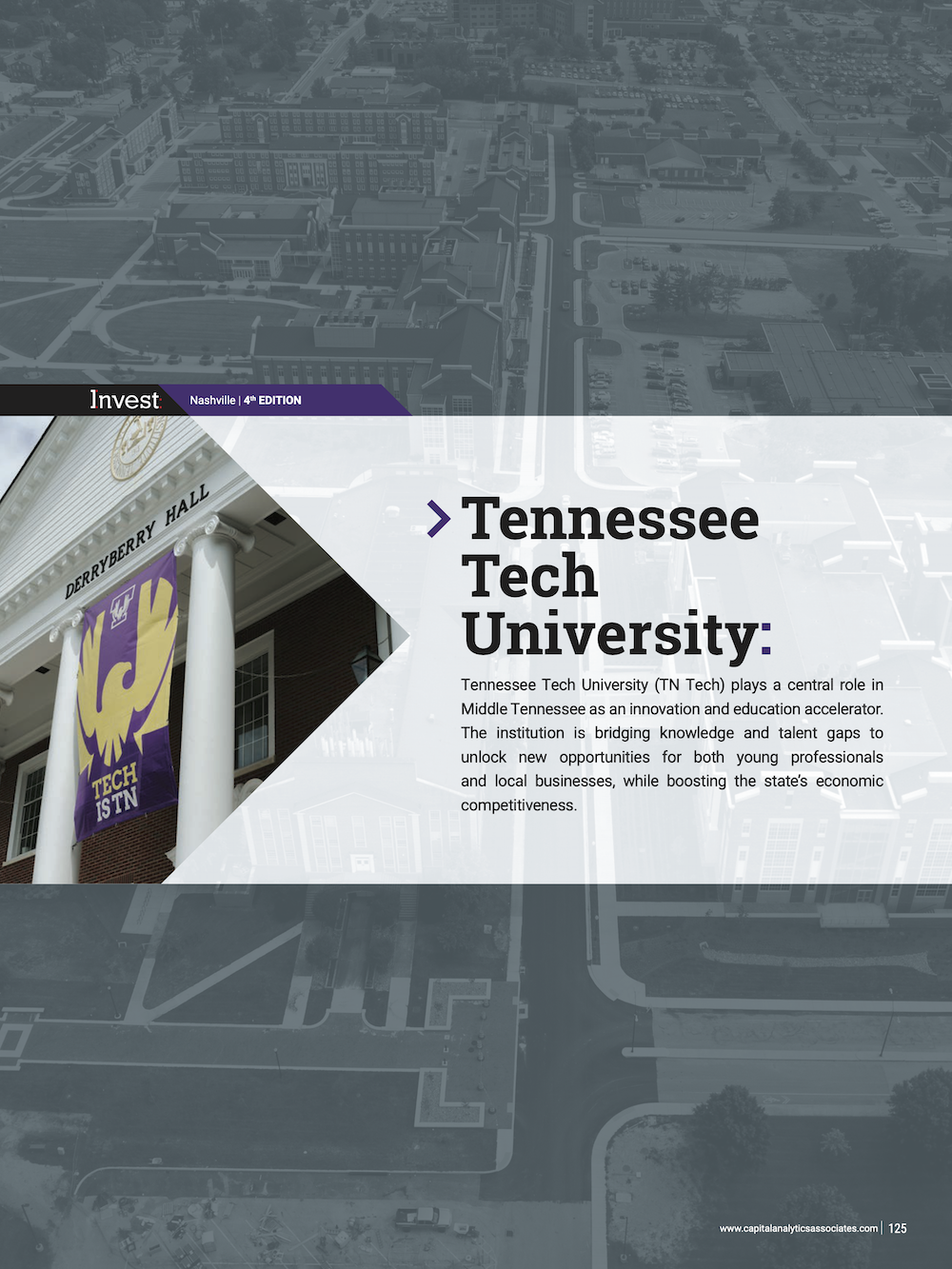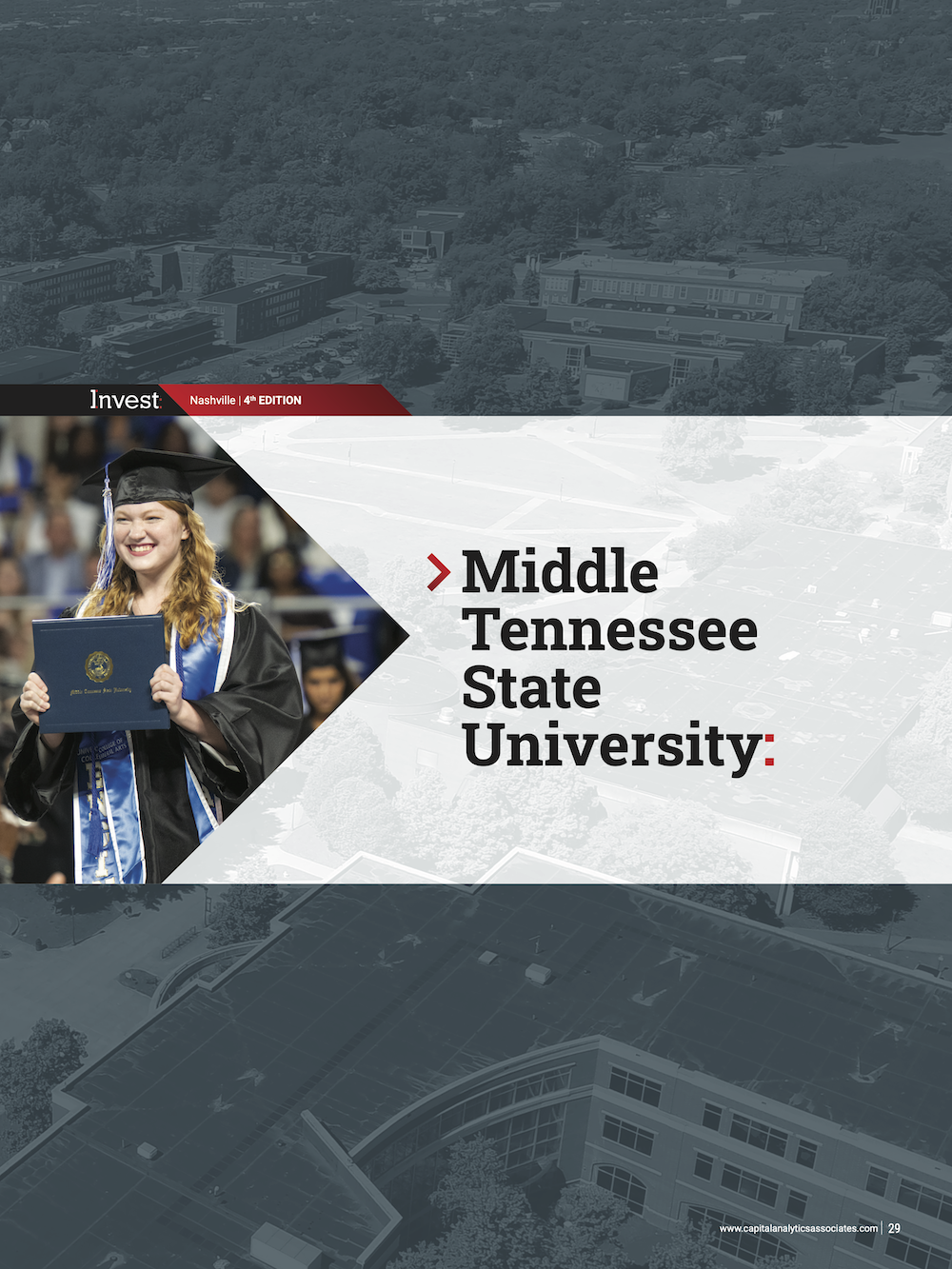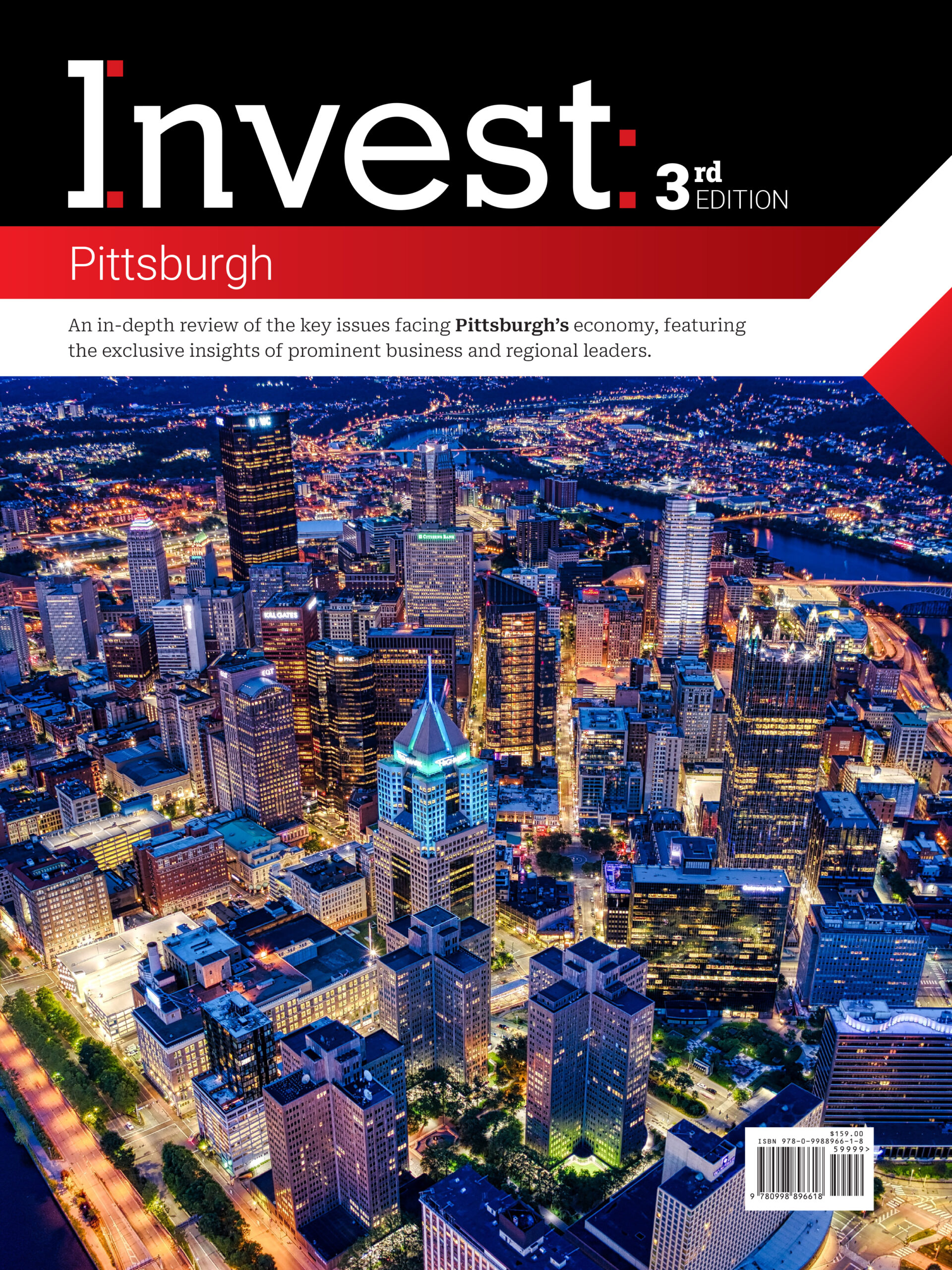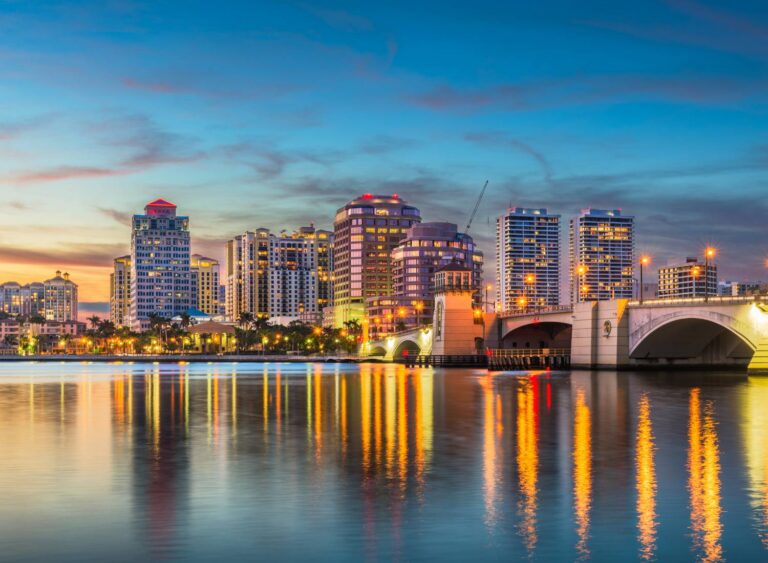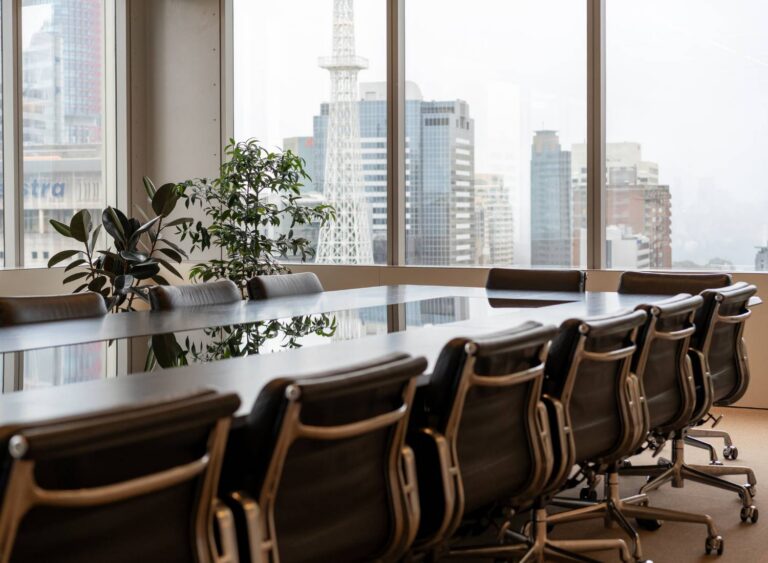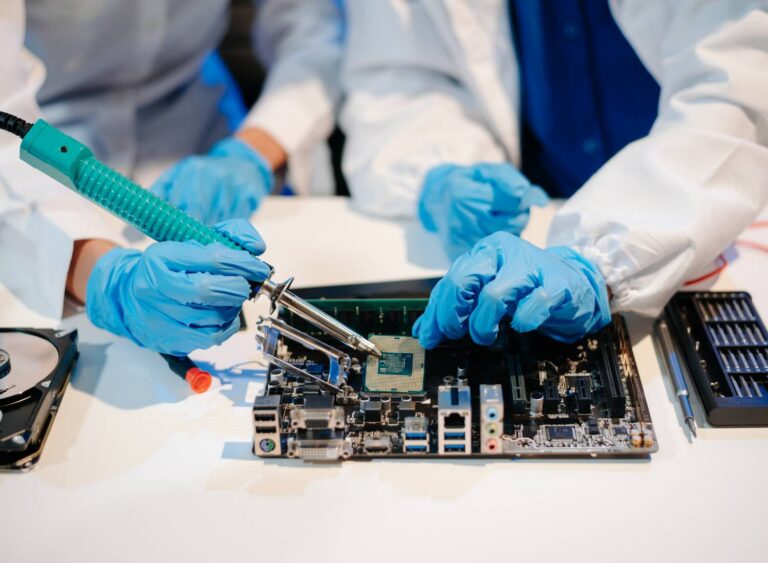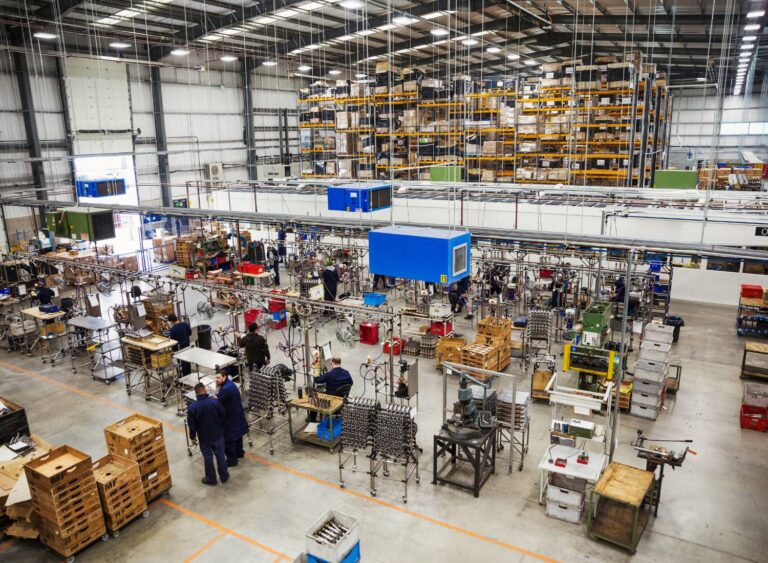Spotlight On: Karen Fegely, Acting Commerce Director, City of Philadelphia
 June 2025 — In an interview with Invest:, Karen Fegely, acting commerce director for the Philadelphia Department of Commerce, discussed the city’s business climate, workforce initiatives, and preparations for 2026. “We aim to keep Philadelphia globally competitive for all who live, work, and do business here.”
June 2025 — In an interview with Invest:, Karen Fegely, acting commerce director for the Philadelphia Department of Commerce, discussed the city’s business climate, workforce initiatives, and preparations for 2026. “We aim to keep Philadelphia globally competitive for all who live, work, and do business here.”
What changes over the past year have most impacted the city, and in what ways?
Philadelphia has been on a growth trajectory, and our economy continues to show strength. We’re building on that momentum. In 2024, we welcomed a new mayor and administration. Mayor Cherelle Parker is our 100th mayor and the first woman to hold the position. She has an ambitious agenda focused on making Philadelphia the safest, cleanest, greenest big city in America, with access to economic opportunity for all.
Mayor Parker took a strong stance on enhancing the ease of doing business. One of her first executive orders, PHL Open for Business, formalizes our efforts to create a business-friendly government by removing regulatory burdens, delivering efficient customer service, and accelerating approval timelines. While it builds on work we were already doing, having a leader push this kind of agenda is very meaningful. Having her support has been invaluable.
As you step into this new role, what priorities have you identified as most urgent to ensure the city remains competitive in attracting and retaining businesses?
A top priority is accelerating the PHL Open for Business initiative and efficiently streamlining user-friendly processes for businesses of all sizes. We are dedicated to addressing longstanding challenges and delivering results that make doing business easier for entrepreneurs across the city.
We’re also enhancing the collaborative marketing and branding of Philadelphia with our partners such as Visit Philadelphia and the Greater Philadelphia Chamber of Commerce. We hope that business leaders, government, organizations and residents will join us in amplifying Philadelphia’s assets and why it’s a great place to live, work, and do business.
Significantly, the City’s One Philly Budget for fiscal year 2026 includes historic tax changes. It proposes reductions in both wage and business tax, aiming to spur job creation. The approved plan includes a long term commitment to reducing taxes which provides predictability for business growth planning.

What fundamentals make Philadelphia a great place for businesses?
Philadelphia is located at the heart of the U.S. Northeast Corridor with a competitive real estate market, vibrant business districts, exceptional cuisines, and growing innovation industries. We are also continuously ranked high in the U.S for walkability and bikeability. As the second largest city on the East Coast, we are a city of neighborhoods with diverse business locations, world-class cultural assets , industrial parks, and emerging development areas like the Navy Yard. The Navy Yard is undergoing a 20-year transformation to add residential, office, research and development, and advanced manufacturing spaces, resulting in about 8 million square feet of new office space.
Recently, Gov. Josh Shapiro reinforced this momentum with the PA SITES program, a new Commonwealth economic development initiative supporting infrastructure investments to make locations business-ready. The Navy Yard received a $30 million investment, the largest award from the program’s first round affirming the area’s growth potential.
Philadelphia’s innovation and technology sectors are also thriving, supported by a strong combination of nationally ranked universities, a globally recognized life sciences ecosystem, and a growing tech sector. It’s an exciting time for the city. Philadelphia continues to attract international and domestic companies.
“We’re investing $500 million in airport upgrades and ensuring neighborhoods are part of the celebration through activations and beautifications”
How is Philadelphia working to strengthen its business climate and support economic growth?
The Philadelphia region remains strong. We continue to lay the groundwork, build relationships, and ensure Philadelphia stays attractive for businesses and talent. We are working with our peers in the surrounding counties to strengthen our regional efforts for economic growth.
The Department of Commerce remains committed to expanding access to economic opportunity through financial support programs, and initiatives like the Mayor’s Business Action Team, which provides personalized assistance in multiple languages to entrepreneurs for all aspects of doing business in Philadelphia. That includes helping individual businesses resolve complex challenges in navigating City regulations, including licenses and permits.
We introduced the Small Business Catalyst Fund, championed by former director Alba Martinez, a grant program for growing businesses ready to take the next step. Interest has been high, and we’re excited to see how the cohorts develop. Along with financial support, we’ll provide education and one-on-one assistance.
We’re preparing to launch the Philadelphia Business Resource Hub, an online resource center that will offer access to city programs and broader ecosystem support, including workshops, training programs, mentorship, and financial assistance.
We also collaborate with and provide funding to nonprofit organizations with the goals of enhancing outreach to entrepreneurs, and advancing neighborhood economic development efforts including new market tax credits to redevelop commercial real estate not just downtown, but across Philadelphia’s neighborhoods.
In what ways is Philadelphia positioning itself for growth and visibility on a national and international stage?
We are preparing for a major year in 2026. Philadelphia will celebrate the country’s 250th birthday and host events like the FIFA World Cup, NCAA March Madness, the MLB All-Star Game, and the PGA Championship.Celebrations kick off this fall with the 250th anniversary of the United States Navy and Marine Corps, both of which call Philadelphia their birthplace. These events provide opportunities to welcome visitors, including CEOs, entrepreneurs, and investors, and showcase the city as a premier place to do business.
Alongside these events, we’re investing $500 million in airport upgrades and ensuring neighborhoods are part of the celebration through activations and beautifications, boosting the local economy. Beyond 2026 preparations, we remain steadfast in our commitment to building meaningful international business relationships to attract and retain companies of all sizes.
What workforce development initiatives are underway?
Workforce development is a major priority. Inclusive growth and access to quality careers are central to our efforts. When attracting and retaining businesses, we prioritize those offering quality jobs with good wages and benefits like healthcare and paid time off.
Our incentive programs target businesses that meet these standards, helping ensure economic opportunity. We also support the broader workforce system by convening stakeholders through the Workforce Professionals Alliance, fostering collaboration and data-driven improvements.
Philadelphia is home to nationally recognized programs like The Skills Initiative. And Mayor Parker created the City College for Municipal Employment, preparing Philadelphians for jobs in City government and aligning training with growth industries like life sciences, construction, and more.

Looking ahead, what are your top priorities for the department over the next few years?
Our priority is to continuously elevate the work we’re doing, using metrics to track outcomes and ensure smart, well-informed investments that meet the needs of the residents and businesses we serve across the city. We aim to keep Philadelphia globally competitive for all who live, work, and do business here.
One of our priorities is the continued reinvention of office buildings. Philadelphia has been a leader, converting more than 10 million square feet of older office space to new uses already. This has kept our downtown vibrant and encouraged new investment. Pedestrian volumes in Center City have now exceeded pre-COVID levels.
Cultural institutions are expanding as well, with new facilities like Calder Gardens and the Philadelphia Ballet’s new building set to open, adding to the city’s vibrancy. Another major project is the I-95 Cap, a partnership with the Delaware River Waterfront Corporation, reconnecting the city to the waterfront by building a park over I-95. It will feature an ice-skating rink, water features, cafes, a pedestrian bridge, and a two-mile walking trail. Construction is already underway. From downtown reinvestment to neighborhood revitalization and major infrastructure projects, these efforts ensure Philadelphia remains a dynamic, well-rounded city.
For more information, please visit:
